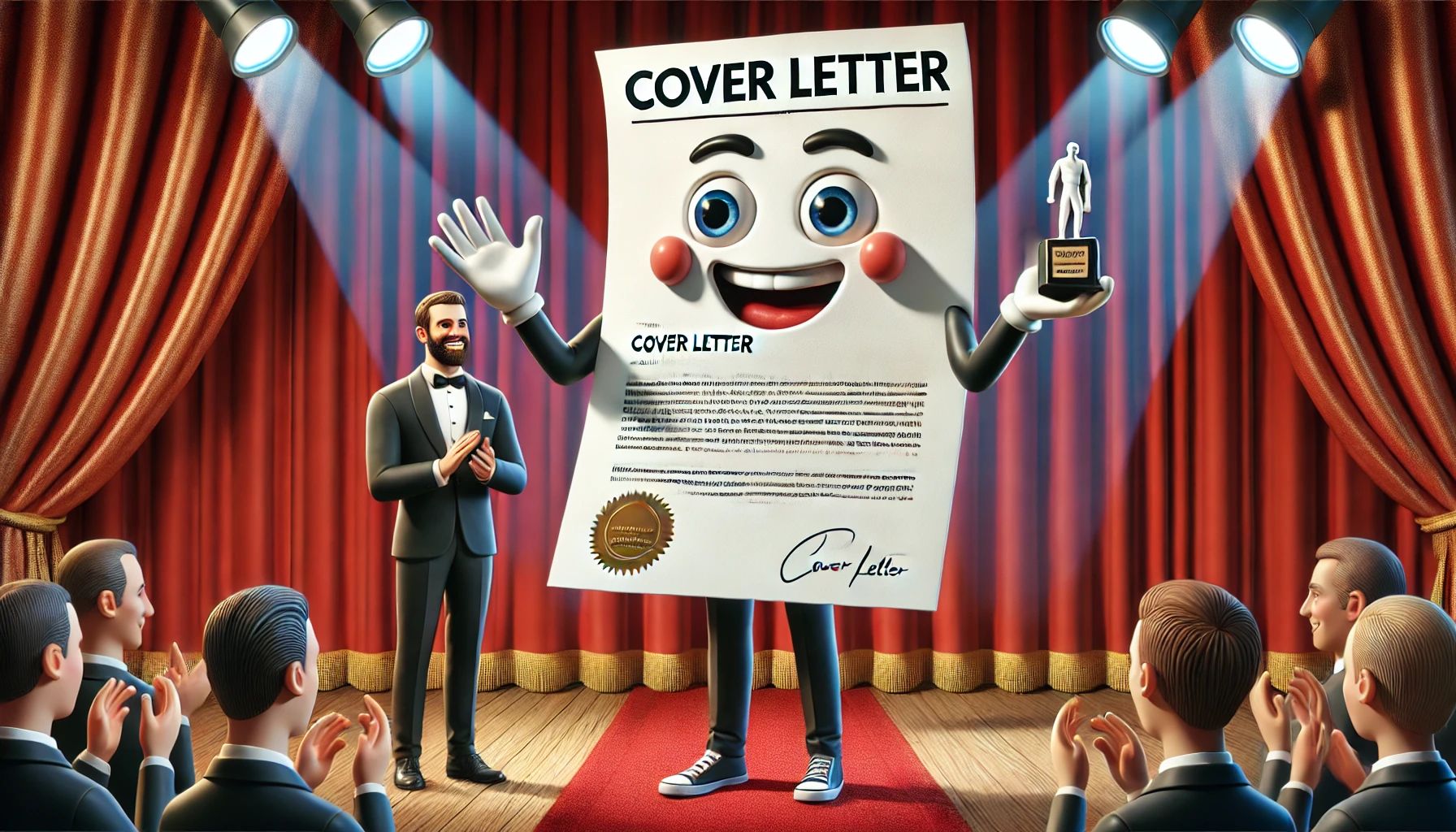
Entry Level Resume Tip #1: Keep it to One Page
Think of the career ladder like a pyramid. The lower you are on the ladder, the wider it is and the more competition you face (at least from a quantity standpoint). More competition in two more resumes for your reader to review. Yeah, the last time I checked, regardless of how many resumes they need to review, there are still only 24 hours in the day.
As an entry-level candidate, you are not likely to have very much experience in which to communicate. As such, you need to ensure that you are not wasting your reader’s time. When you are an entry level candidate, you want to keep that entry level resume to one highly relevant page. In an entry level position scenario, you can bet that your reader will dedicate no more than 10 seconds to the initial review to determine interview worthiness. If they have to sort through two pages of non relevant information in order to gauge this of your resume, it is likely to end up in the trash can. Keep it short and sweet, but full of relevance.
Entry Level Resume Tip #2: Don’t Oversell It
The temptation to overcompensate for the lack of experience is always tempting. After all, it is natural to feel a little self conscious about not having an awful lot to say on the experience front. But you must resist the urge to use overly grandiose descriptions in verbiage in the place of substantive content. One thing that you must remember is that for an entry level position, higher authorities already understand that your experience is limited. So there is no need to overcompensate for it.
There are ways to stand out from the crowd without smoke and mirrors. One thing to remember is that hiring managers sometimes see dozens or even hundreds of resumes. And they can see through the smoke. Too much self aggrandizing verbiage and you are likely to aggravate them more so than impressed them. There is a fine line between smart and type verbiage and filibustering. Be sure your resume is on the right side of it.
Entry Level Resume Tip #3: Make Education and Training the Focal Point
With little experience with which to impress your reader, use your education and training to draw the attention of the reader and make your case. You do this by leading off with this information, as opposed to relegating it to the bottom of the resume. In this case, you want to be sure to go into any detail that you can with regard to the education and training that can be relevant.
Any coursework titles that would be of interest to the reader? Be sure to include them. How about any special projects you engaged in during your time in school? This could provide your reader with a little more meat in support of your application. Not to mention, this can definitely add searchable content to your resume that gives applicant tracking systems something to hang on to. Be sure to structure your entry-level resume with these high value items near the top.
Entry Level Resume Tip #4: Don’t Drill Down on the Non-Relevant
You have just completed four years of college, but during this time you also maintained several jobs. However, all of them were completely unrelated to the type of position you are seeking to start your long-term career. When writing your entry level resume, don’t waste the time of your reader by going into meticulous description of these jobs that in no way qualify you for what you will be doing in the future. Once again, the idea is to respect the reader’s time, as well as make it easy for them to find your high value content.
Depending upon available space, you may only want to give one or two lines in description of these positions, if any at all. Now, you do want to include any information about the position that demonstrates achievement or your ability to rise to the occasion. Perhaps you submitted an idea that help increase office productivity by 30%. Or maybe you took it upon yourself to research a new bender, presented it to management, and had the idea accepted, resulting in a $5,000 annual savings per year. This type of information will hold more value than the day-to-day details of the position.
Conclusion
The entry level resume can sometimes be more complicated to put together from a strategy standpoint than the resume for a senior manager. At least for the senior manager, if he has been in the same type of position for 20 years, the strategy is straightforward. For entry-level clients and career changers, we sometimes must get creative to ensure the reader does not miss the value. Just remember that when it comes to resume writing, don’t accept every guideline as law.
While there are some aspects of resume writing we always want to adhere to, the overall goal will always be the same: communicate the value to the reader in the best way possible for your specific situation.
























